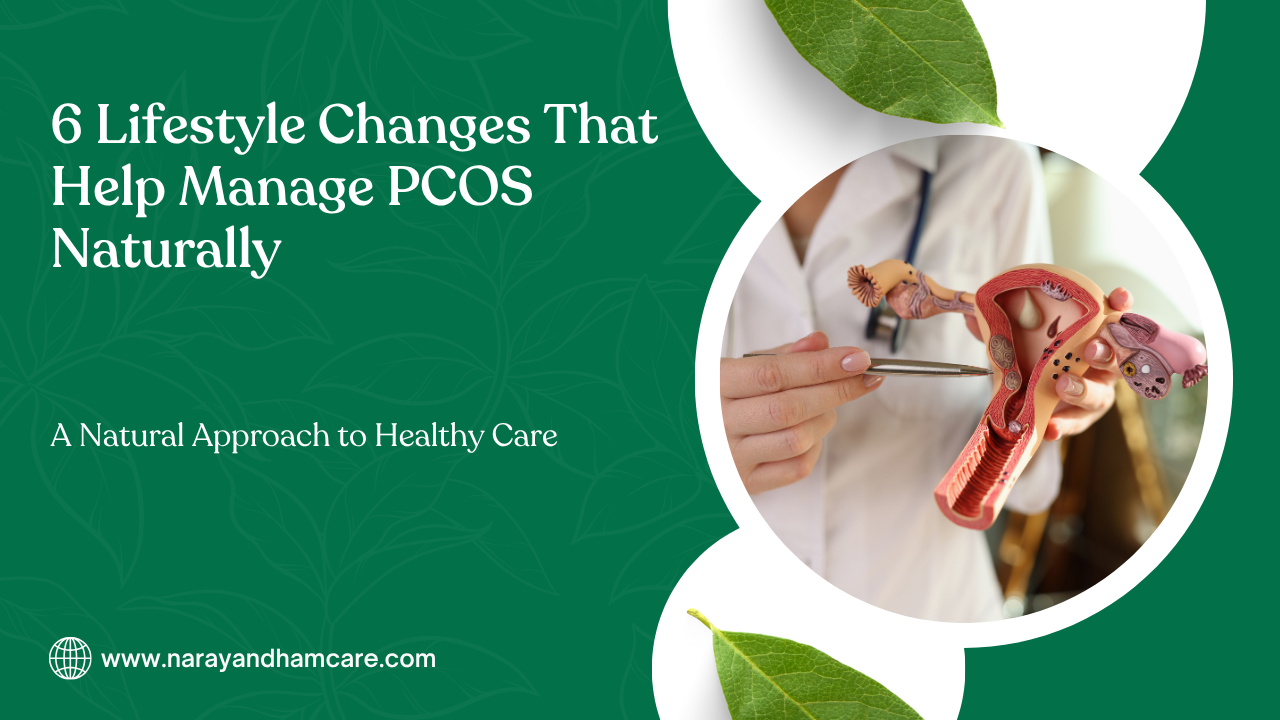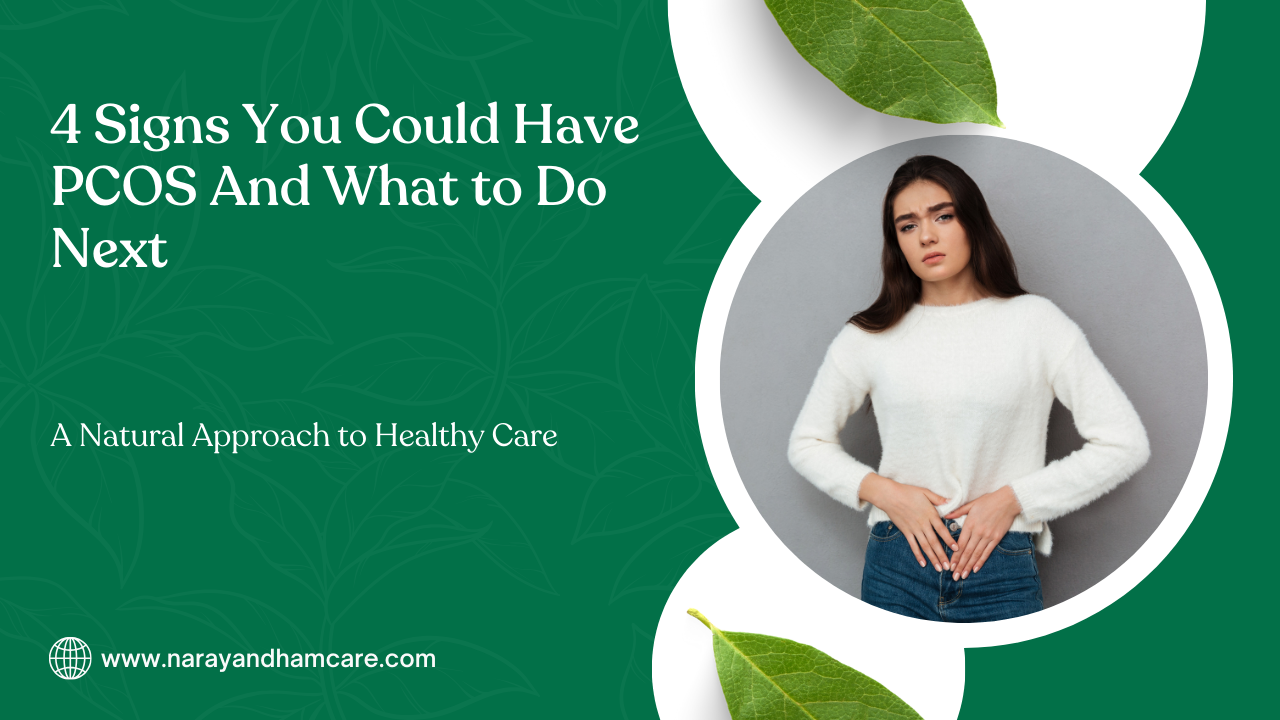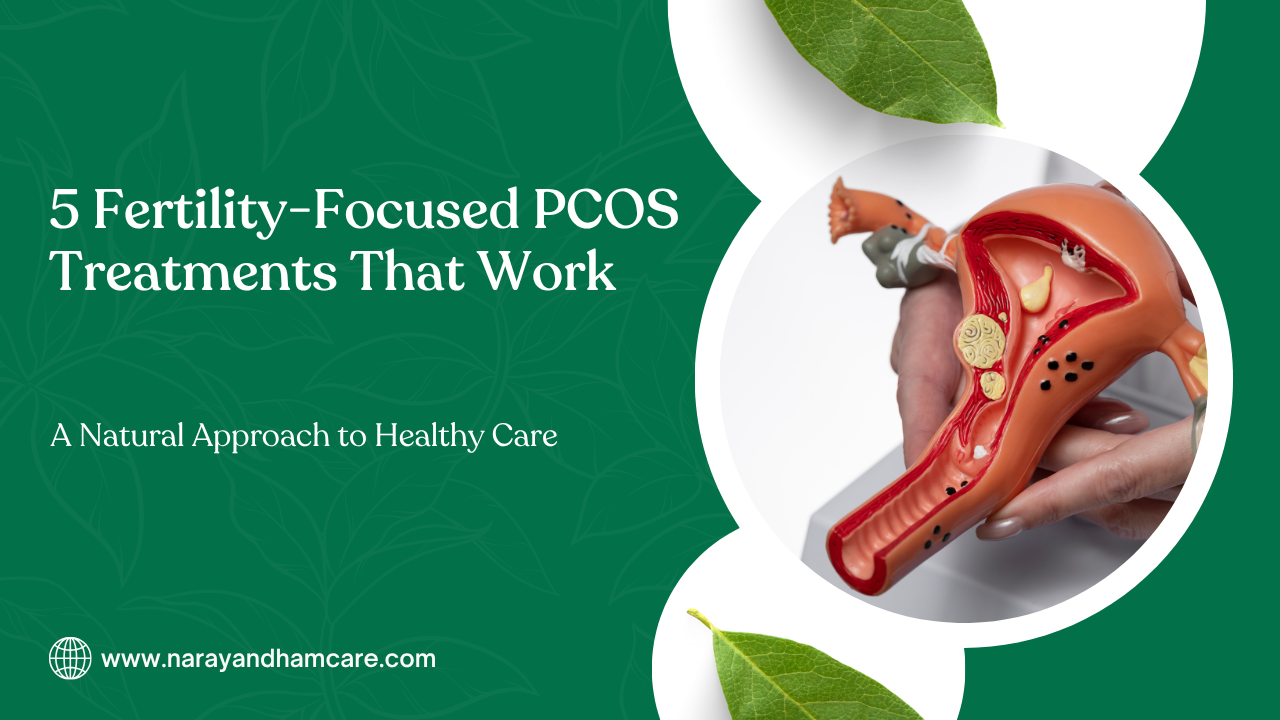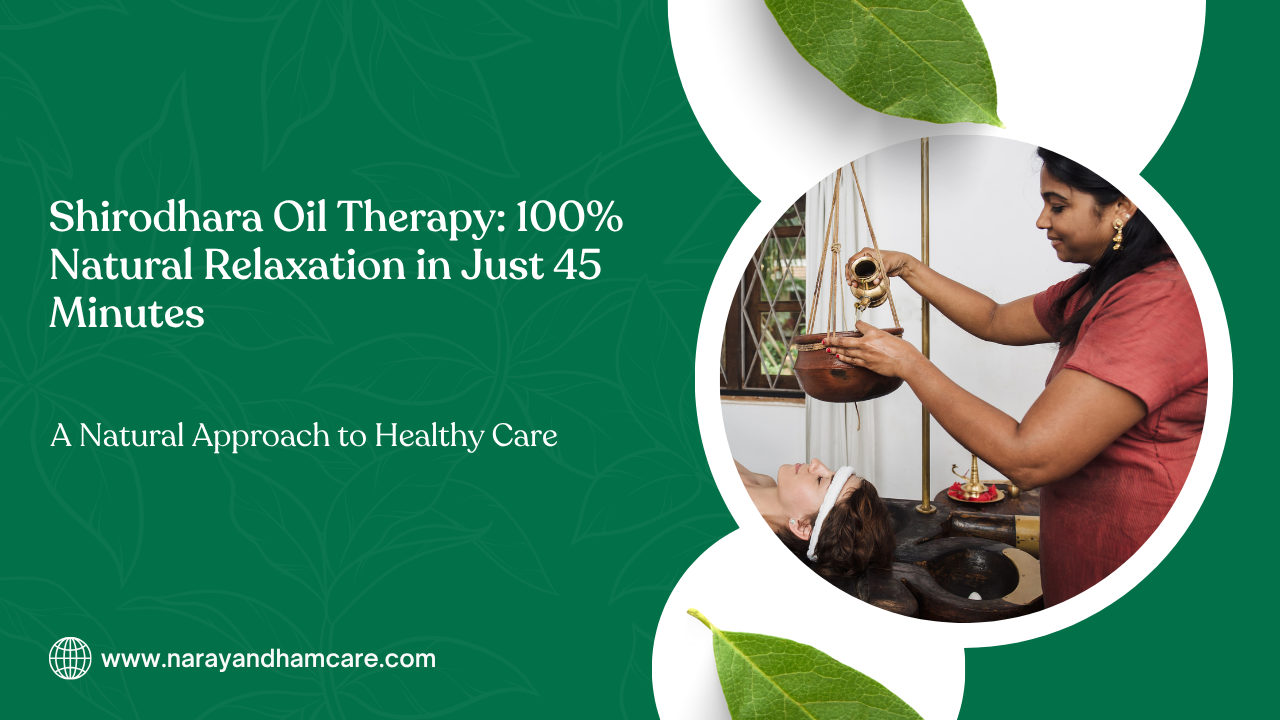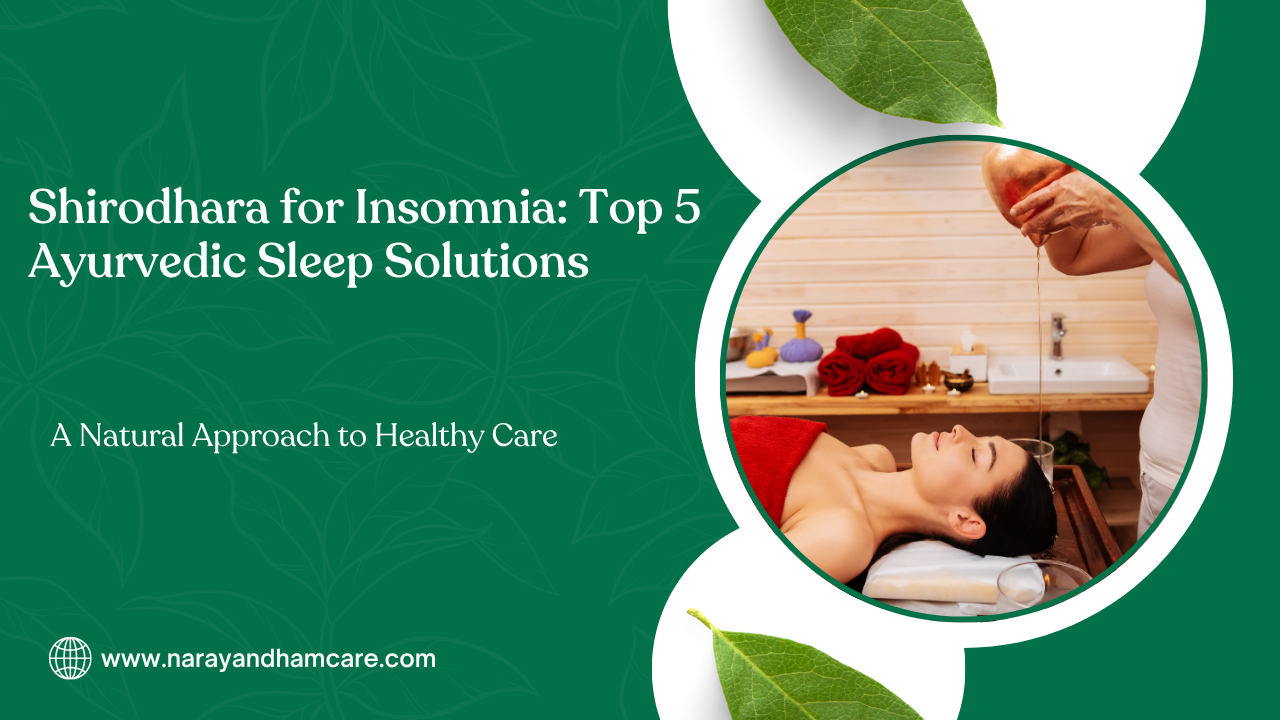PCOS Introduction
(Polycystic Ovary Syndrome) is a common hormonal disorder that affects many women, especially in their reproductive years. It can cause problems with your periods, weight, skin, and even fertility.
Many women feel worried when they hear the word “PCOS”. But the good news is—you can manage PCOS naturally with the right lifestyle changes. No need to depend only on medicines or strong treatments.
In this blog, you will learn about the 6 most effective lifestyle changes that help in controlling PCOS symptoms and improving your overall health.
Problem
PCOS is caused by a hormonal imbalance, especially when the body makes too much insulin or male hormones (androgens). This leads to problems like:
-
Irregular periods
-
Weight gain
-
Acne and oily skin
-
Excessive hair growth
-
Mood swings
PCOS affects 1 in every 10 women globally, and the numbers are rising due to poor diet, lack of physical activity, and high stress.
Many women suffer silently because the signs are not always taken seriously. Early awareness and lifestyle correction can prevent complications like infertility, diabetes, and heart problems.
Symptoms of PCOS
Here are the common signs of PCOS. You may not have all of them, but noticing even a few means it’s time to check with a doctor.
-
Irregular or missed periods
-
Unwanted hair growth (face, chest, back)
-
Acne, especially on the chin and jawline
-
Oily skin and dandruff
-
Weight gain, especially around the belly
-
Hair thinning or hair loss on the scalp
-
Difficulty getting pregnant
-
Dark patches on the neck or underarms
-
Mood changes like anxiety or depression
Solution: 6 Lifestyle Changes That Help Manage PCOS Naturally
1. Eat a Balanced and Clean Diet
-
Choose whole foods like fruits, vegetables, legumes, and whole grains.
-
Avoid sugar, refined carbs, fried foods, and processed snacks.
-
Focus on high-fiber foods to manage insulin levels.
-
Include healthy fats: nuts, seeds, coconut, ghee.
-
Take small meals every 3–4 hours to maintain blood sugar.
Try this PCOS-friendly day plan:
-
Morning: Warm water with lemon + soaked almonds
-
Breakfast: Vegetable oats or poha
-
Lunch: Brown rice + dal + sabzi + salad
-
Evening: Herbal tea + roasted chana
-
Dinner: Moong dal khichdi + steamed veggies
2. Exercise Regularly
You don’t need to join a gym. Even 30–45 minutes of daily activity can make a big difference.
-
Walking, yoga, dancing, or home workouts are great choices.
-
Exercise helps in weight loss, improves mood, and balances hormones.
-
Try PCOS-specific yoga poses like:
-
Butterfly pose (Baddha Konasana)
-
Cobra pose (Bhujangasana)
-
Child’s pose (Balasana)
-
3. Sleep on Time and Sleep Enough
Poor sleep can worsen PCOS symptoms.
-
Sleep for at least 7–8 hours each night.
-
Go to bed and wake up at the same time daily.
-
Avoid using your phone or TV before bed.
Tip: Make your room dark and quiet to sleep better.
4. Manage Stress
Stress increases cortisol, which worsens insulin resistance and PCOS symptoms.
-
Practice deep breathing (Pranayama), meditation, or journaling.
-
Do hobbies you enjoy—painting, music, gardening.
-
Spend time with positive people.
-
Ayurveda recommends Brahmi, Ashwagandha, and Shankhpushpi to calm the mind.
5. Use Natural & Ayurvedic Remedies
Ayurveda focuses on balancing the body using herbs and detoxification.
-
Shatavari, Ashoka, Triphala, and Turmeric help regulate periods.
-
Drink jeera (cumin) water, methi (fenugreek) water, or cinnamon tea every morning.
-
Consult an Ayurvedic doctor for Panchakarma detox like Basti, Virechana, or Nasya.
-
Avoid self-medication—always take herbs under guidance.
6. Track Your Periods and Health
Keep a notebook or use a period-tracking app like:
-
Flo
-
Clue
-
My Calendar
Tracking helps you understand your cycle, mood changes, and fertility window.
This also helps your doctor understand your condition better.
Frequently Asked Questions (FAQ)
Q1. Can PCOS be completely cured?
A: PCOS has no full cure, but it can be effectively managed with natural lifestyle changes and Ayurveda. Many women reverse symptoms and get regular periods.
Q2. What is the best diet for PCOS?
A: A diet low in sugar and processed food, and rich in fiber, protein, and healthy fats. Include leafy greens, fruits, whole grains, nuts, and seeds.
Q3. Can I lose weight if I have PCOS?
A: Yes, but it may take time. Daily exercise, proper diet, and sleep will help reduce weight gradually and naturally.
Q4. How does Ayurveda help in PCOS?
A: Ayurveda uses natural herbs and therapies to balance hormones, detox the body, and regulate menstrual cycles. It also improves digestion and reduces stress.
Q5. Is it safe to take birth control pills for PCOS?
A: Birth control pills are commonly prescribed, but they only control symptoms. Natural treatments work on the root cause. Discuss with your doctor before starting or stopping any medication.
Conclusion
PCOS may feel overwhelming, but it’s not the end of your health journey. With the right steps, you can take control of your body naturally.
Remember these 6 powerful lifestyle changes:
-
Eat clean and balanced meals
-
Move your body daily
-
Sleep well
-
Control stress
-
Use natural Ayurvedic herbs
-
Track your health and cycles
Take one step at a time, and your body will thank you. If you’ve been struggling with PCOS, know that you are not alone. Many women have reversed their symptoms with these simple changes.
Start your healing today—naturally and gently.
If you found this blog useful, feel free to share with friends or leave a comment below. You deserve a healthy, happy life!
How Long Does It Take to See Results?
One of the most common questions women ask is:
“If I make these changes, when will I see results?”
The answer is: it depends on your body, how consistent you are, and how long you’ve had PCOS. Most women begin to see positive changes within 3 to 6 months, such as:
-
More regular periods
-
Weight loss
-
Reduced acne and hair fall
-
Better energy and mood
-
Improved fertility
The key is to be patient and consistent. Don’t give up if things don’t change immediately. PCOS is not a condition that heals overnight. But your small daily habits—eating better, walking, drinking herbal water, or sleeping on time—create powerful changes over time.
Realistic Tips to Stay Consistent
Many women start strong but lose motivation. Here are a few simple tips to stay on track:
-
Meal prep on weekends to avoid junk food during the week.
-
Set a reminder to drink water every 2 hours.
-
Make a fun playlist for your walk or yoga time.
-
Keep a PCOS journal to note your cycle, mood, and meals.
-
Celebrate small wins—like having a healthy week or getting your period on time.
When to See a Doctor
Even with natural changes, you should consult a doctor if:
-
You haven’t had your period in 3 months
-
You’re gaining weight rapidly
-
You are trying to conceive and facing difficulty
-
You feel sad or tired all the time
Natural treatments work best with medical support, especially from a gynecologist or Ayurvedic expert.

